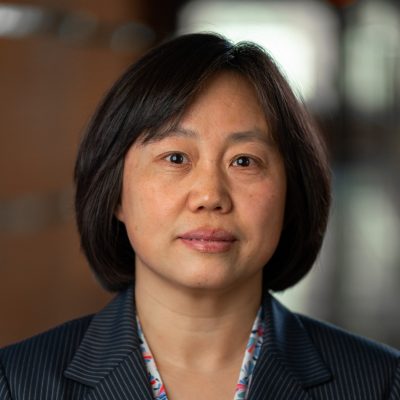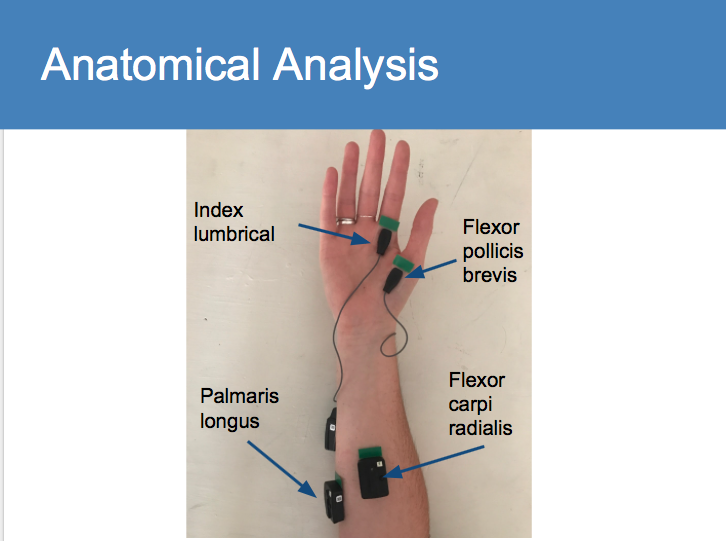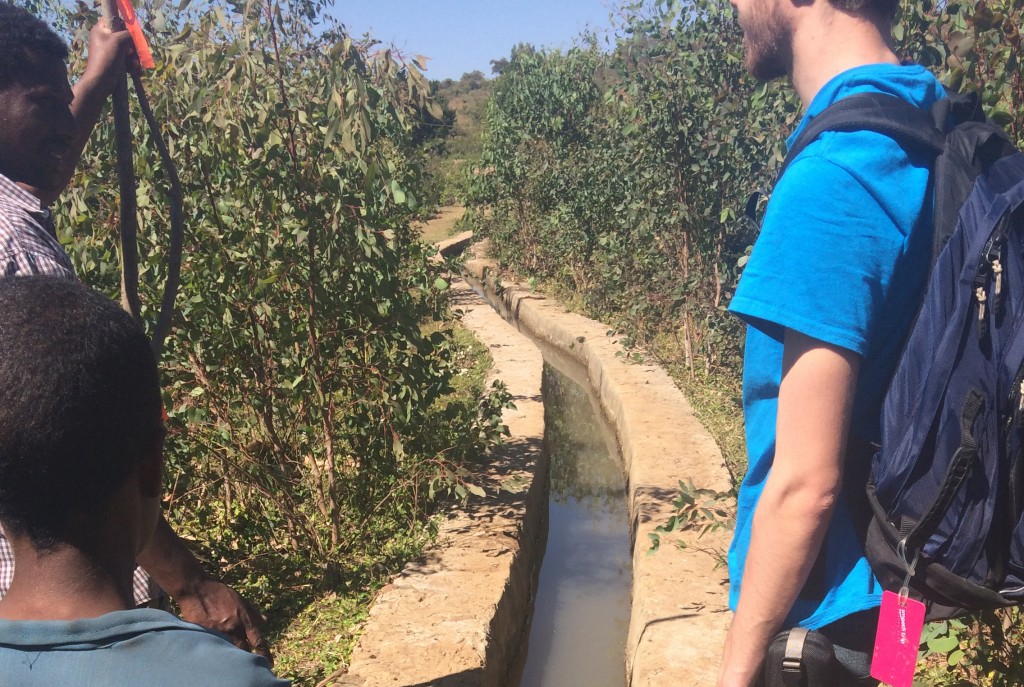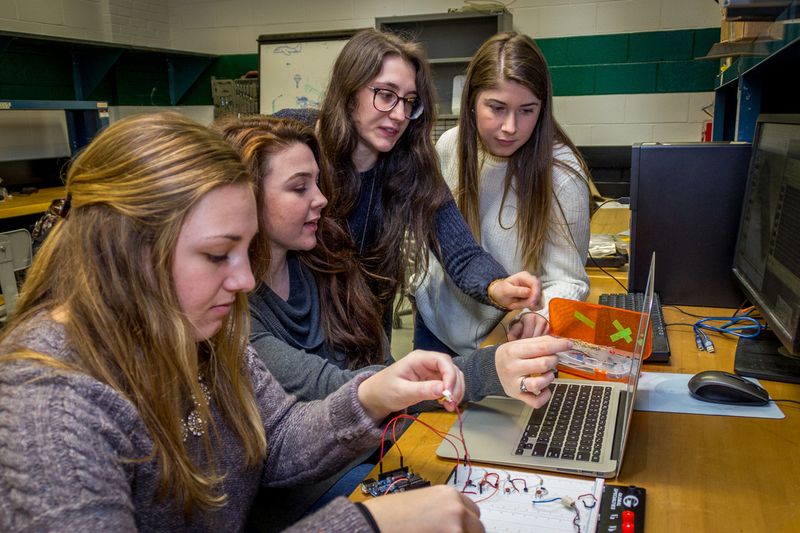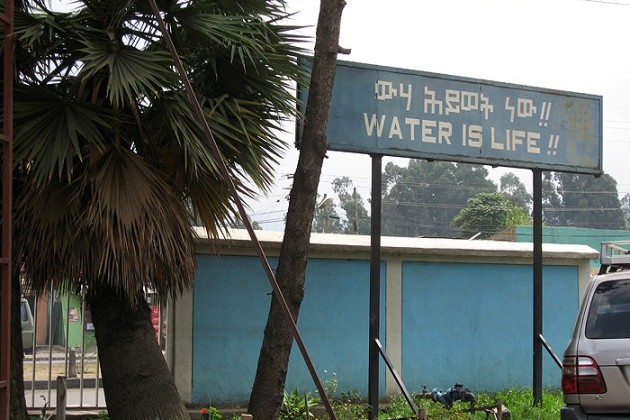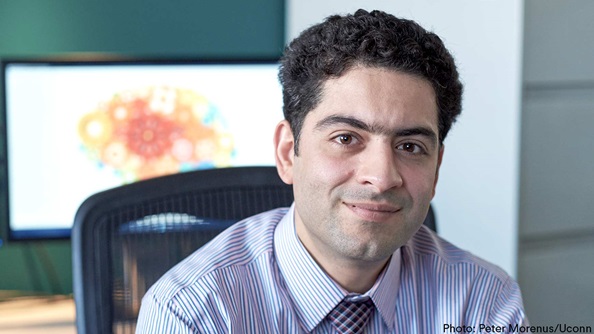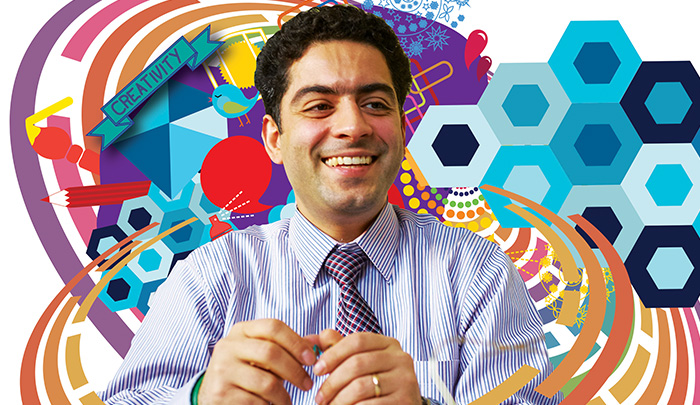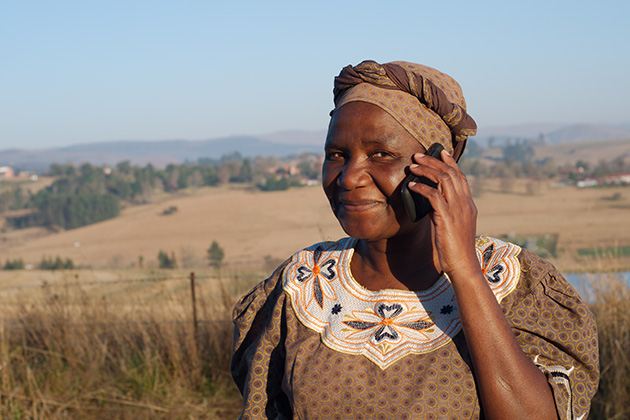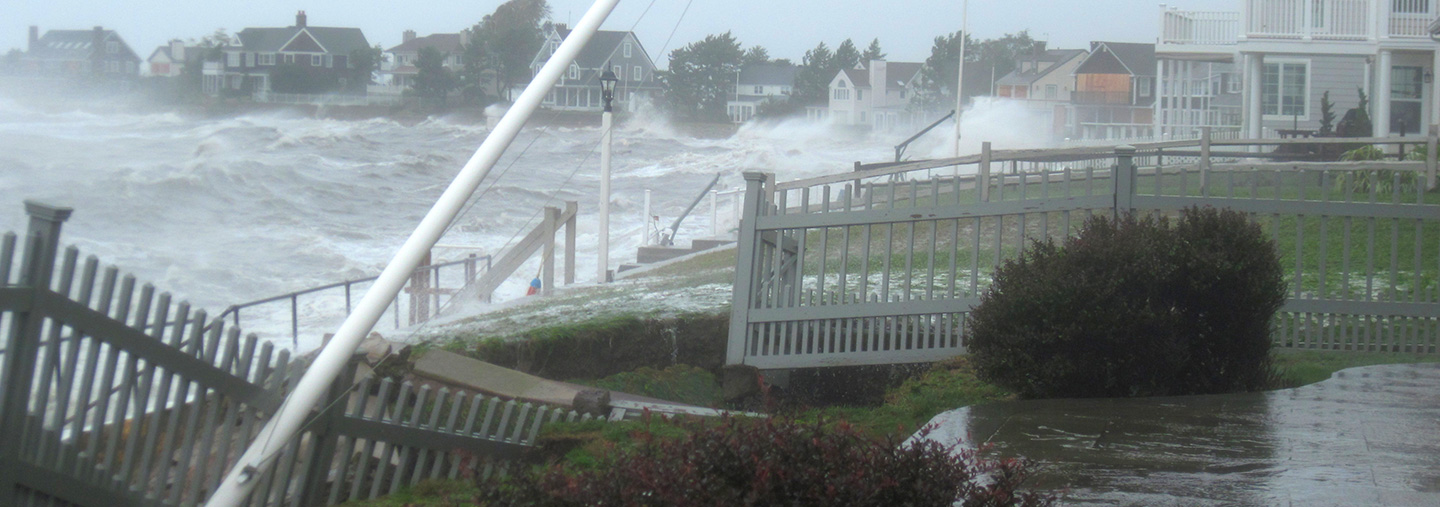
A key challenge in addressing the intensifying effects of climate change on our communities is to ensure equity in the costs and benefits of mitigation and adaptation strategies, and public participation in policy decisions, so that vulnerable communities in Connecticut are protected and maintain a stake in efforts to address climate change.
Summary of the event
Addressing the intensifying effects of climate change on our communities requires massive investment in mitigation and adaptation strategies that will alter and disrupt how communities generate and use energy and how we access and consume essential resources. Given the severity of the climate change crisis and the scale of intervention required, the design and implementation of mitigation and adaptation solutions carry critical implications for equity–in the distribution of costs and benefits as well as in access to opportunities to influence public policy decisions–across members of society.
Attention to the potential for policy and programs to reduce or exacerbate inequity in social, economic, or political spheres is an essential yet, all too often overlooked, component to a robust and sustainable approach to addressing the challenges associated with climate change. A key challenge is to ensure that vulnerable communities in Connecticut are protected and maintain a stake in efforts to address climate change.
In this webinar, leading UConn researchers and environmental professionals discussed lessons learned from their research and policy engagements focused on climate change mitigation and adaptation, with emphasis on the challenges associated with these issues of ensuring equity. Panelists discussed the policymaking processes and outcomes to date related to the Governor’s Council on Climate Change (GC3) and the Long Island Sound Study (LISS): Connecticut’s flagship programs working towards reducing greenhouse gas emissions while protecting infrastructure, agriculture, natural resources, and public health systems from the effects of climate change.
The panelists identified core challenges facing efforts to ensure equity in the policymaking process and its consequences. Multiple panelists highlighted the under-representation, or absence, of marginalized communities in consultation and planning processes in which policymakers and program designers identify the most important climate change-related issues needing attention and debate alternative approaches to addressing them. Improving the representation of marginalized communities at this stage of the process will ensure that the allocation of scarce funding will be directed toward severe challenges facing a greater share of Connecticut’s residents. It will also allow for the implementation of measures to avoid marginalized communities shouldering a disproportionate share of the costs and disruptions associated with structural changes.
Furthermore, because efforts to expand access to essential services, such as clean water or adequate housing, are resource-intensive, in many cases, programs to increase equity and social justice on socio-economic dimensions are in direct competition with efforts to mitigate climate change. Separating these two spheres of social policy may inadvertently introduce barriers to achieving core objectives in either or both domains. The panelists highlighted that rather than science and engineering representing the primary constraint on addressing climate change while ensuring equity; the main challenges are political.
Panelists:
Denise M. Savageau (UConn Alumna, CAHNR; former Conservation Director,
Town of Greenwich)
James O’Donnell (Executive Director, Connecticut Institute for Resilience and Climate Adaptation/CIRCA; Professor of Marine Sciences, UConn Avery Point)
Christine Kirchhoff (Associate Professor, Civil & Environmental Engineering, UConn Storrs)
Baikun Li (Professor, Civil & Environmental Engineering, UConn Storrs)
Anji Seth (Professor of Geography, UConn Storrs)
This event is sponsored by the Engineering for Human Rights Initiative at the University of Connecticut, in partnership with the Governor’s Council on Climate Change and the Long Island Sound Study.
